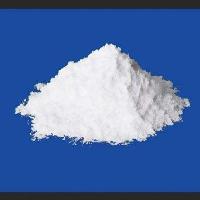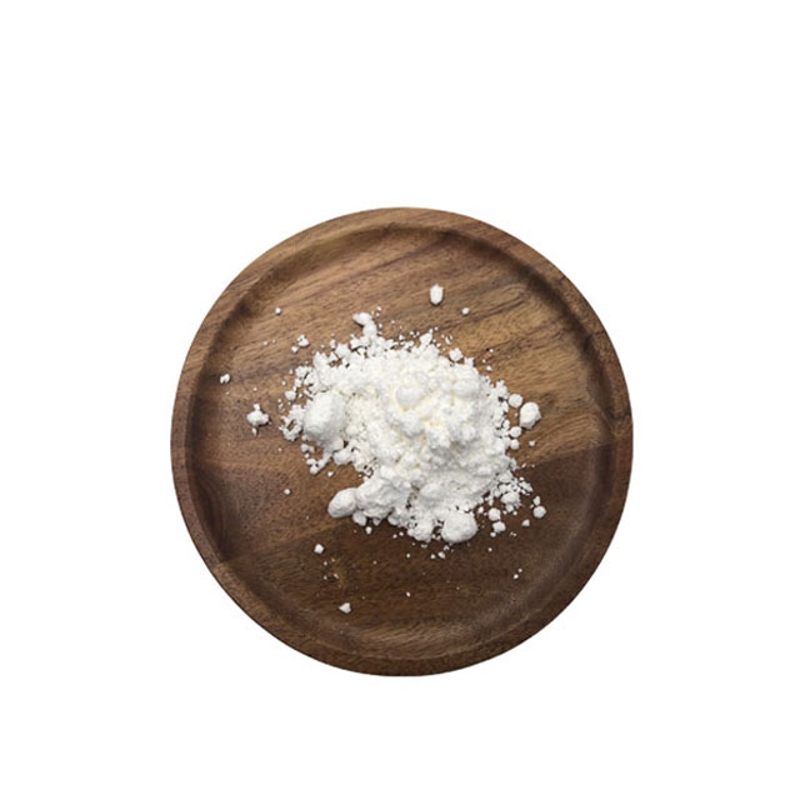JCM: Over-eating of acidic foods and a history of smoking significantly increases the risk of recurrence and death in breast cancer patients!
-
Last Update: 2020-07-18
-
Source: Internet
-
Author: User
Search more information of high quality chemicals, good prices and reliable suppliers, visit
www.echemi.com
According to official statistics, there are about 210000 new cases of female breast cancer in China every year, the growth rate is twice the global average growth rate, and the average age of onset is 10 years earlier than that in western countries.proper acid-base balance (i.e. pH value) in human body is very important for normal physiological function and cell metabolism.previous studies have found that acid diet is associated with cardiovascular specific mortality in healthy cancer-free population, while the ability of cancer survivors and former smokers to adjust their acid-base balance is reduced. Therefore, acid load in diet may play an important role in the prognosis of breast cancer, and may interact with the deterioration of previous smoking history in the prognosis of breast cancer survivors.recently, researchers from the University of California in the United States published the Journal of clinical Medicine published its latest research results on the impact of diet preference and smoking history on the prognosis of breast cancer patients. It was found that the increase of acid intake in the diet and the increase of smoking intensity in the past were both independently and jointly related to the increase of total mortality and breast cancer specific mortality, and women with previous smoking history had a significantly increased risk of breast cancer.the researchers recruited 2950 women (aged 18-70 years) with stage I, II or IIIA breast cancer who had no recurrence after treatment for an average of 7.3 years.during the follow-up period, there were 295 deaths and 249 breast cancer specific deaths and 490 breast cancer recurrence cases.compared with the survivors group, the proportion of women with normal weight, college education, no smoking history, and positive estrogen receptor (ER) or progesterone receptor (PR) was lower in the death group.compared with the non recurrence group, women in the recurrent breast cancer group had college education or above, were in menopause, had positive er or PR, and the proportion of women taking tamoxifen in this group was also lower.baseline characteristics of breast cancer survivors participating in the study (n= The Cox proportional hazards model was used to evaluate the relationship between dietary acid load and total mortality, breast cancer specific mortality and breast cancer recurrence. The researchers found that the increase of dietary acid load was significantly positively correlated with the increase of total mortality and breast cancer specific mortality in neap and PrAl. However, there was no significant association betweenand acid load in breast cancer.relationship between dietary acid load and past smoking intensity and total mortality, breast cancer specific mortality and breast cancer recurrence. In addition, the researchers also found statistically significant association between dietary acid load and previous smoking intensity and total mortality, breast cancer specific mortality and breast cancer recurrence.dietary acid load and smoking intensity were positively correlated with total mortality. Compared with women with low acid load and no smoking history, the total risk of death in women with the highest dietary acid load and smoking intensity increased by about three times.a similar positive correlation was observed in breast cancer specific mortality and recurrence rate.Association of dietary acid load and past smoking intensity with total mortality, breast cancer specific mortality, and breast cancer recurrence. In short, researchers have found that increased dietary acid intake and smoking independently and jointly affect the prognosis of breast cancer patients. This study provides some guidelines for dietary guidelines for smoking and non-smoking breast cancer survivors It is suggested that more attention should be paid to the intake of acidic foods such as fresh and processed meat, cheese, eggs, sugary foods, soft drinks and grains, and quit smoking as soon as possible! End reference: [1] Increased Acid-Producing Diet and Past Smoking Intensity Are Associated with incidence rate of breast cancer in China is the world's first.
This article is an English version of an article which is originally in the Chinese language on echemi.com and is provided for information purposes only.
This website makes no representation or warranty of any kind, either expressed or implied, as to the accuracy, completeness ownership or reliability of
the article or any translations thereof. If you have any concerns or complaints relating to the article, please send an email, providing a detailed
description of the concern or complaint, to
service@echemi.com. A staff member will contact you within 5 working days. Once verified, infringing content
will be removed immediately.







